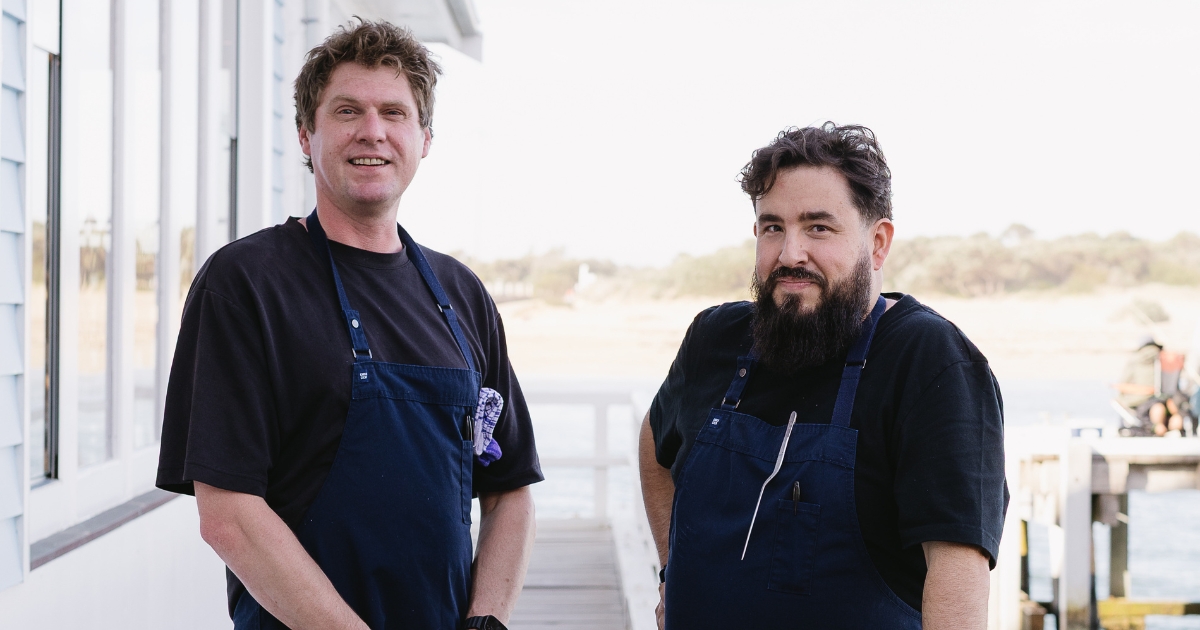Study reveals extent of tradie pain

A study conducted by the Australian Physiotherapy Association has revealed that two in three tradesperson remained worried about the long-term impacts of their physical injuries. Photo: FACEBOOK/AUSTRALIAN PHYSIOTHERAPY ASSOCIATION
More than nine in 10 tradies have experienced some form of pain or injury in the past 12 months, with the majority experiencing, on average, three episodes over that same time period, a study conducted by the Australian Physiotherapy Association (APA) has found.
The data, released to coincide with Tradies National Health Month, has revealed that for approximately three in four tradies this pain stops them enjoying life, while one in two reported living with severe pain and two in three remained worried about the long-term impacts of their physical injuries.
Despite this, less than 50 per cent took time off work to support their recovery and more than 20 per cent did not seek any professional help for their pain.
Instead, almost 90 per cent of tradies reported using medication or self-medicating to manage their pain, with 30 per cent resorting to drugs or alcohol.
APA occupational health physiotherapist Lucia Tsui said the survey results underscore the urgent need for accessible and appropriate pain management and preventative strategies for the sector which is disproportionately affected by workplace injuries and chronic conditions.
“Pain affects every aspect of a person’s life, from playing with your kids, to your mood, sleep and even sex life,” she said.
“With demand for skilled tradespeople at an all-time high, the physical and mental health of tradies is more important than ever.
“Untreated physical pain can significantly impact a person’s mental health and often leads to maladaptive coping strategies.”
She said the APA’s goal was to break the pain cycle by encouraging tradies to seek professional help, rather than rely on self-medication.
“Preventive physiotherapy can significantly reduce the risk of chronic injuries and improve overall health outcomes for tradies,” she said.
Ben Bisset, a physiotherapist and the founder of Allied Physiotherapy in Ocean Grove, said the data made it clear that Australian tradies rely on their skeletal health more than a lot of other professions.
Although most tradies are physically active, that physical activity often involves repetitive movements and lacks the balance necessary to sustain musculoskeletal health long-term, he said.
He said while addressing the root cause of pain may be more time consuming and potentially costly in the short-term, seeking assistance through services like physiotherapy will help to “future proof” the body and make it “more resilient” to the demands of the job, meaning the injury is far less likely to reoccur.
“As a general population, if there’s a quick fix and we think it will solve the problem, we’ll jump at it, but it doesn’t always work quite as well when we’re dealing with the intricacies of the human body,” Mr Bisset said.
He encouraged tradespeople, especially those in their early to mid-career, to invest some time and money into services that will help them sustain a healthy body for as long as possible.
Mr Bisset cautioned that, in most cases, one visit was unlikely to provide the solution and the key was to find someone to “partner with” that can help to set up and facilitate a health plan and “balanced program of exercises”, so that tradespeople are in “a much better position to see out their career without constant interruption or an early finish due to injuries that would have been potentially otherwise avoidable”.
To learn more about Allied Physiotherapy, head to alliedphysiotherapy.com.au

















